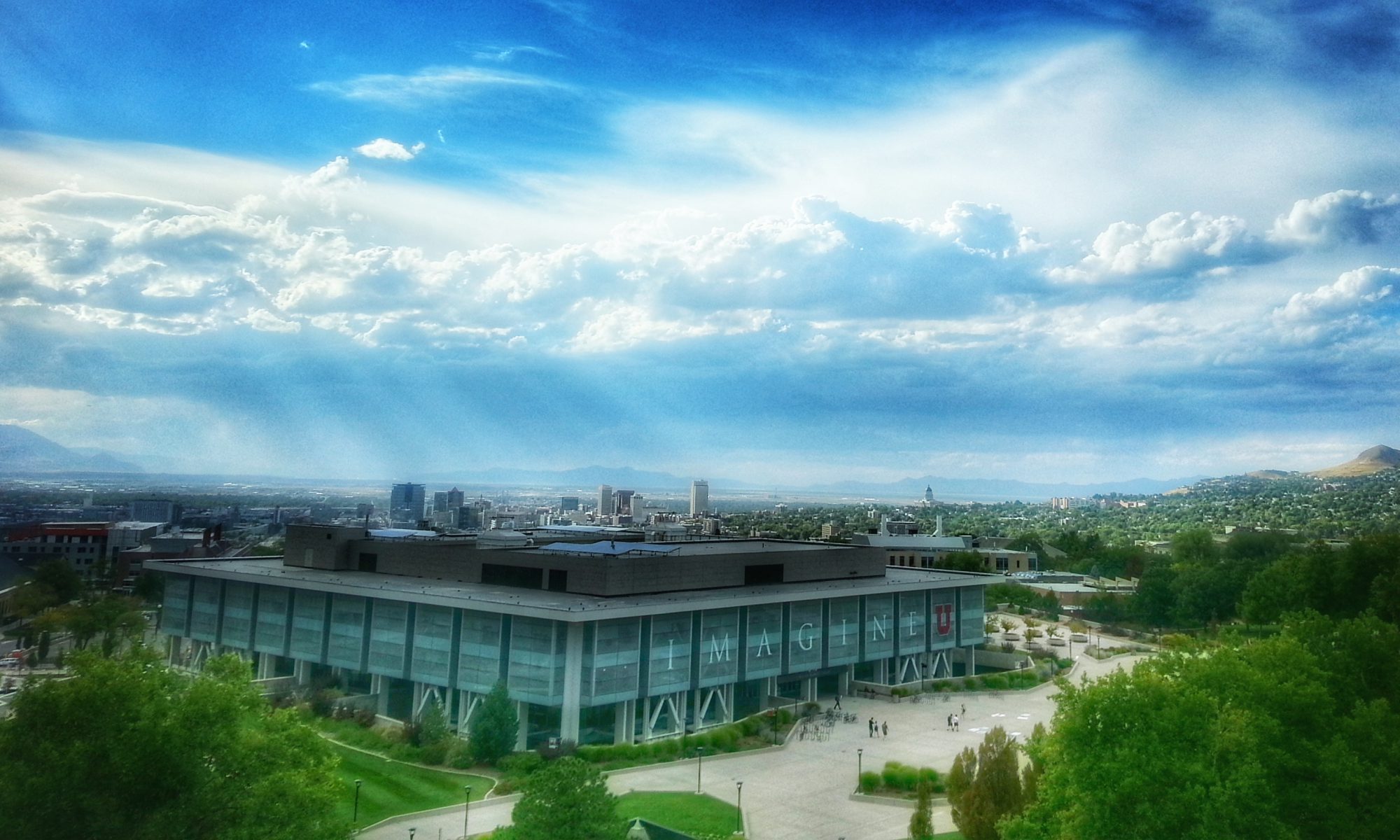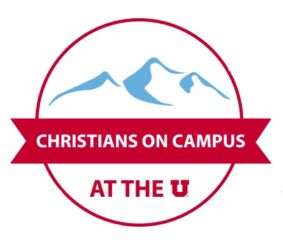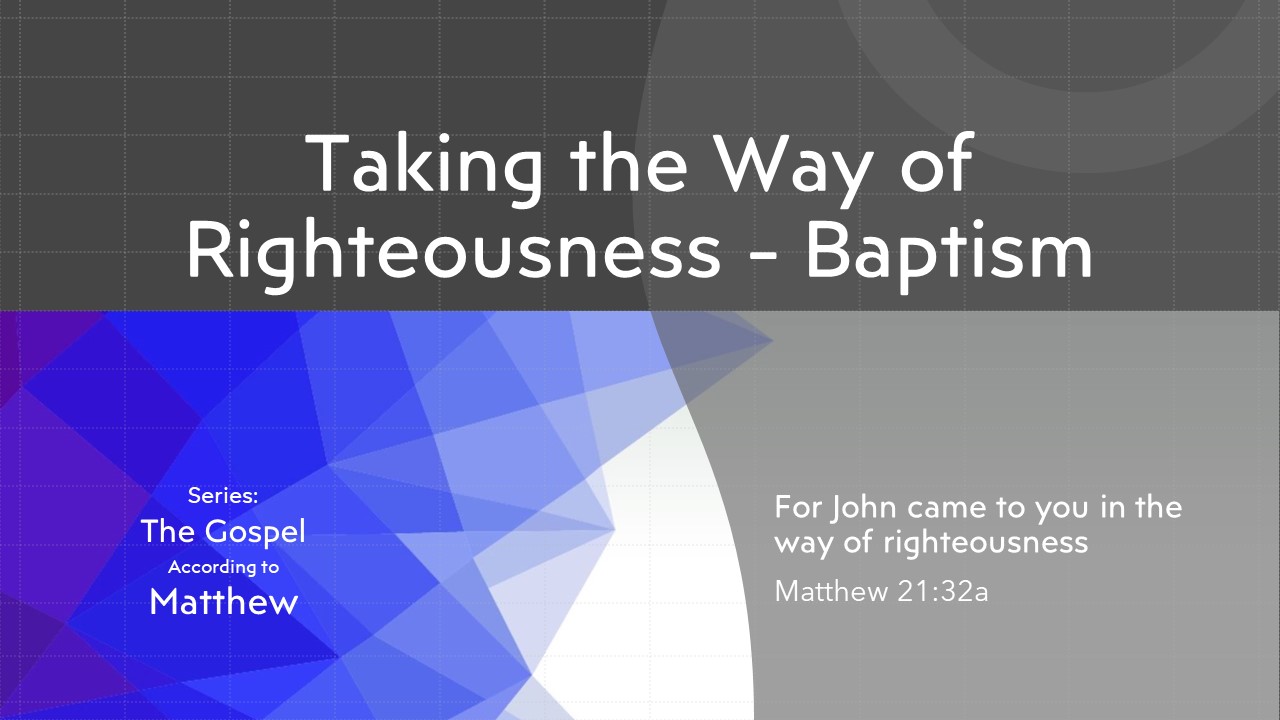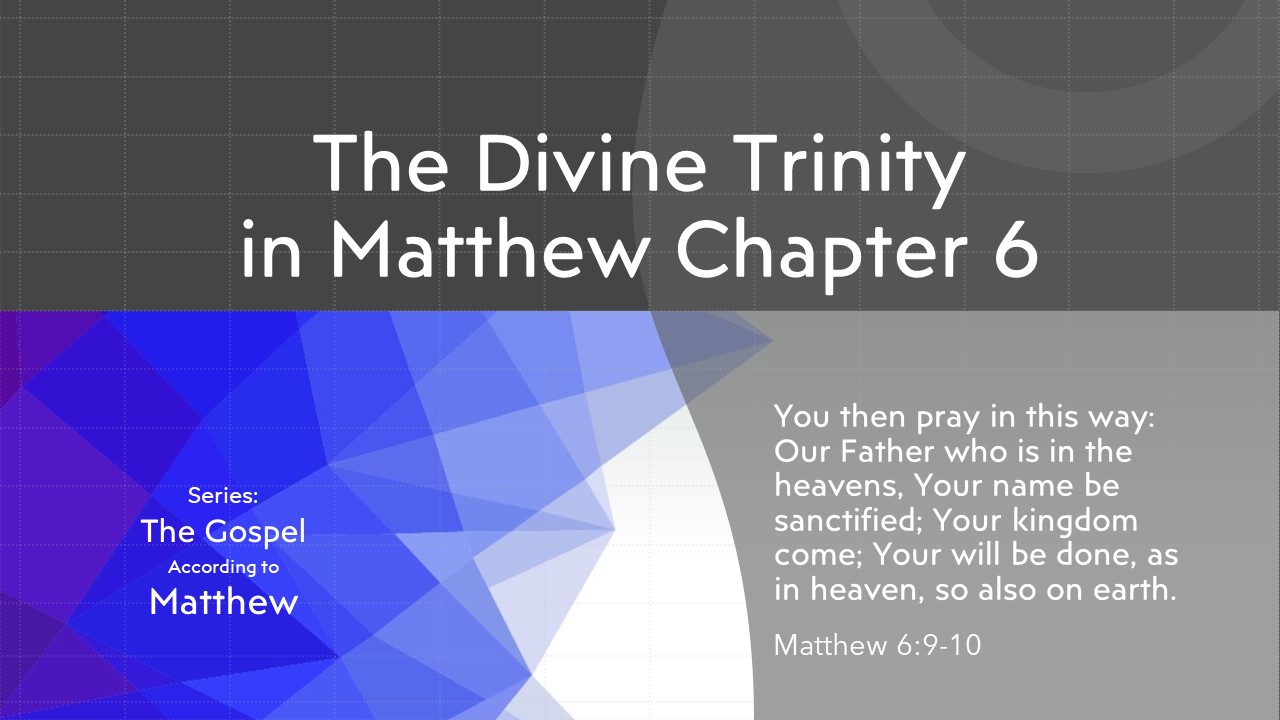LIFE MEETING THE NEED OF MAN’S EVERY CASE
The Need Of The Dying –
Life’s Enlivening
Verses:
Galatians 3:21
Is then the law against the promises of God? Absolutely not! For if a law had been given which was able to give life, righteousness would have indeed been of law.
2 Corinthians 3:6b
for the letter kills, but the Spirit gives life.
John 5:1-16
1 After these things there was a feast of the Jews, and Jesus went up to Jerusalem.
2 Now there is in Jerusalem near the Sheep Gate a pool, which is called in Hebrew Bethesda, having five porticoes.
3 In these lay a multitude of those who were sick, blind, lame, and withered, waiting for the moving of the water.
4 For an angel went down from time to time in the pool and stirred up the water; the first then to step in after the stirring up of the water was made well of whatever disease he was being held by.
5 And a certain man was there, who had been thirty-eight years in his sickness.
6 When Jesus saw this one lying there and knew that he had already been a long time in that condition, He said to him, Do you want to get well?
7 The sick man answered Him, Sir, I have no one to put me into the pool when the water is stirred up; but while I am coming, another steps down before me.
8 Jesus said to him, Rise, take up your mat and walk.
9 And immediately the man became well, and he took up his mat and walked. Now it was the Sabbath on that day;
10 Therefore the Jews said to the one who had been healed, It is the Sabbath, and it is not lawful for you to take up your mat.
11 But he answered them, He who made me well, that One said to me, Take up your mat and walk.
12 They asked him, Who is the man who said to you, Take up your mat and walk?
13 But he who had been healed did not know who it was, for Jesus had withdrawn, there being a crowd in that place.
14 After these things Jesus found him in the temple and said to him, Behold, you have become well; sin no more so that nothing worse happens to you.
15 The man went away and told the Jews that Jesus was the One who made him well.
16 And because of this the Jews persecuted Jesus and sought to kill Him, because He did these things on the Sabbath.
Ministry Excerpts:
THE INADEQUACY OF RELIGION’S LAW-KEEPING AND THE SUFFICIENCY OF THE SON’S LIFE-GIVING
The case of the impotent man exposes the inadequacy of religion (5:1-9). No religion on earth is better than the Jewish religion, for it is the genuine and typical religion formed according to God’s holy oracle. The Jewish religion was formed according to the Divine Word. It worships the one true God in the correct way. No other religion can compare with it.
However, religion does not belong to God’s economy and it cannot fulfill God’s purpose. God never intended to have a religion. Yes, God did give to His people His Holy Word, the Old Testament, and He did tell them how to contact Him. There is no doubt about this. However, God had no intention of having a religion. Religion is a human invention, a product of the fallen human mind. It is the best invention of human culture. But, concerning God’s economy, religion is God’s worst enemy. It is absolutely against His economy. I say again that God had no intention of establishing a religion. His intention was to give His Holy Word to His people, revealing to them that the coming One, the Son of God, would be their salvation and life for the fulfillment of God’s purpose. This coming One would be everything to them—righteousness, holiness, redemption, and glory. The Jewish people did not have this realization. Instead, they selected portions of the commandments in God’s Holy Word and used them to devise rituals and regulations. They put together these commandments, rituals, and regulations and formed a religion. What is a religion? The best definition of it is not found in Webster’s dictionary. Religion is to worship God and to behave ourselves without Christ. Religion is just you trying your best to worship God, to behave properly to please God, and to be a perfect person—all without Christ. Although everything may be good—you worship God according to the regulations and you behave yourself—it is all void of Christ. It seems that people have Christ in Christianity, but mostly that is simply Christ in term. If you only have Christ in term, that also is religion. We must have Christ as reality. Only with Christ as our reality are we outside of religion.
When the Lord Jesus came, He came as the One who was prophesied in the Old Testament. He was the One who came to be salvation, life, righteousness, holiness, redemption, glory, and everything to God’s people. But, when He came, God’s people, the Jews, were fully occupied with their religion. They had no room in their hearts for this coming One. If you read the four Gospels, you will see that wherever the Lord went and wherever He was, He was opposed by that typical religion formed according to God’s Holy Word. Those religionists opposed this living One according to their religion. They thought that they were opposing Christ for God. They even sentenced this living One to death in their attempt to protect God. According to their realization, when Jesus said that He was the Son of God, He was speaking blasphemy, making Himself equal to God (5:18). It seems that they said, “We have only one God and no other. Our God is Jehovah Elohim. We don’t have a God by the name of Jesus. If You say that You are the Son of God, You are making Yourself equal to God and are blaspheming. We must put You to death.” That was religion.
The Inadequacy of Religion’s Law-keeping
The central point of this case, on the negative side, is to show the inadequacy of law-keeping in the typical religion. Law-keeping was the main thing in Judaism. Every Jew respects the law and believes in keeping it. The Jews realize that, apart from keeping the law, they have no way to please God, to behave themselves, and to perfect themselves. Any typical Jew will tell you that, next to God, nothing is as great or as important as the law. God is number one and the law is number two. So, law-keeping is everything to that typical religion.
Let us now consider some aspects of the practice of law-keeping. The sheepgate (5:2) signifies the entrance to the law-keeping religion’s sheepfold (10:1). The name of the pool, Bethesda, means house of mercy, signifying that the people who practiced law-keeping realized that they needed the mercy of God because they were impotent, weak, and wretched, as portrayed in Romans 7:7-24. The porches, like a sheepfold, signify the law-keeping religion’s shelter, and the number five denotes responsibility. The angel who stirred up the water signifies the agent through which the law, which could not give life, was given (Gal. 3:19, 21). The stirring up of the water to make people well signifies the practice of the law-keeping trying to make people perfect. By considering these aspects, we can see the situation of law-keeping, which is the major thing in the typical religion.
The impotent man had been sick for thirty-eight years. He was unable to move. He was filled with expectation when he saw the waters stirring, but it was impossible for him to get there in time. Because he was impotent, unable to move, he could not receive healing. Likewise, due to our impotence, we cannot keep the law. The law is good, holy, and spiritual. There is no problem with the law; the problem is with us.
Man is not only sick, but also dead. We know from 5:25 that, in the eyes of the Lord, the impotent man was a dead person. How can a dead person walk? If he is to walk, he must first be made alive. As long as you cannot make a dead person live, he can do nothing. Galatians 3:21 says that the law cannot give life. The law only makes demands upon people; it never supplies them with life. Due to the lack of life, man is absolutely unable to keep the law. If you are still religious, still trying to keep the law, let me ask you a question. Are you dead or alive? You must admit that you are dead. Since you are a dead person, how can you keep the law? A dead person can do nothing.
Because of the weakness of the flesh and because of the lack of life, it is impossible for man to keep the law. Although there are an angel, the water, and the stirring of the water, there is no way for you to fulfill the requirement of getting to the water to be healed. This is a clear picture showing us that the impotent and dead people find it impossible to keep the law. There is no hope for man with the law. With respect to the law, we are helpless and hopeless cases.
The Sufficiency of the Son’s Life-giving
We have seen that this case on the negative side exposes the inadequacy and vanity of the law-keeping religion. That religion had so many good things—the holy city, the holy temple, the angels, the Holy Scriptures, the holy feasts, the holy Sabbath, and the pool, but none of these good things could help the dead people. The holy city could not help the impotent man; neither could the holy temple, the Holy Scriptures, nor the holy days. Although it was a feast day, he had no joy, and although it was the Sabbath day, he had no rest. Nothing could help him. He was a hopeless and helpless case. Suddenly, a little man came into this situation. It was not an archangel, but a little man named Jesus. He had no beauty or attraction, and no one paid attention to Him. He came directly to the sick man. Just as the Father in eternity past foresaw the Samaritan woman and the Son went to find her at Jacob’s well, so the Father also foresaw the impotent man, and the Son came to him while he was lying at the pool. He asked him, “Do you want to get well?” That meant, “Would you like to be healed?” The impotent man knew nothing beyond the pool, the water, and the angel who stirred the water. He also knew that he had no hope or ability in himself. So he explained the situation to the Lord Jesus. Then the Lord Jesus said, “Rise, pick up your bed, and walk.” The impotent man heard the enlivening word of the living, life-giving Lord and was healed. We may think that he rose up and walked before he was healed. But this is not true. He was healed before he rose up, took his bed, and walked. Note the sequence in verse 9. “And immediately the man became well, and picked up his bed and walked.” “And immediately the man became well” precedes “picked up his bed and walked.” He was cured before he rose up. He was cured when he heard the voice of the living Son of God. It was his hearing of the living word of the Lord that quickened him. Formerly the bed carried the impotent man, but now the enlivened man carried the bed.
If I had been the impotent man, I probably would have said, “Sir, I can’t make it. I have been relying upon this bed for thirty-eight years. The bed has been carrying me all this time. How can you tell me to pick it up? I can’t do what you say.” We should never argue with the Lord’s word. We should simply say, “Amen,” to whatever He says and do it accordingly. Do not argue or reason. If you reason, you will lose His blessing. How good it was that the impotent man not only rose up, but also picked up his bed and walked. He was not only healed; he was enlivened. According to verses 24 and 25, this is for him as a dead man to pass out of death into life and live. In the principle set forth in chapter two, this is the changing of death into life.
RELIGION’S OPPOSITION TO LIFE
In 5:10-16 we see religion’s opposition to life. “The Jews then said to the one who was healed, It is the Sabbath, and it is not lawful for you to pick up your bed” (5:10). Life’s enlivening breaks religion’s ritual. Religion is offended by life and begins its opposition to life from this point. The Sabbath is for man (Mark 2:27) and should be a rest to man. Religion’s law-keeping did not bring rest to the man sick for thirty-eight years, but life’s enlivening did it in one second. Yet, the religious people cared only for the ritual of Sabbath-keeping; they had no concern for the sick man’s rest. What a life we have! We do not need any religious things. As long as we have Jesus, all religious things mean nothing. As long as we have Jesus, we have life. Let religion with all its things go. They could not give us life, but Jesus does. Jesus enlivens us. Jesus gives us life. Life brings us joy. Life brings us rest. Life brings us light and everything we need. Praise the Lord!
The real significance of this case is the difference between religion and Christ, which is the difference between the law-keeping of religion and the enlivening of Christ. Religion’s law-keeping is good, but we are weak. Religion’s law-keeping may be effective but we cannot meet its requirements. There is no requirement with Christ, for when He comes to us, He speaks His living word so that we can hear His voice. If there is any requirement, it is simply to hear His living word. When we hear His voice, we pass from death into life. The contrast in this case is that religion requires, but Christ’s word quickens. (Life-study of John, msg. 14)







